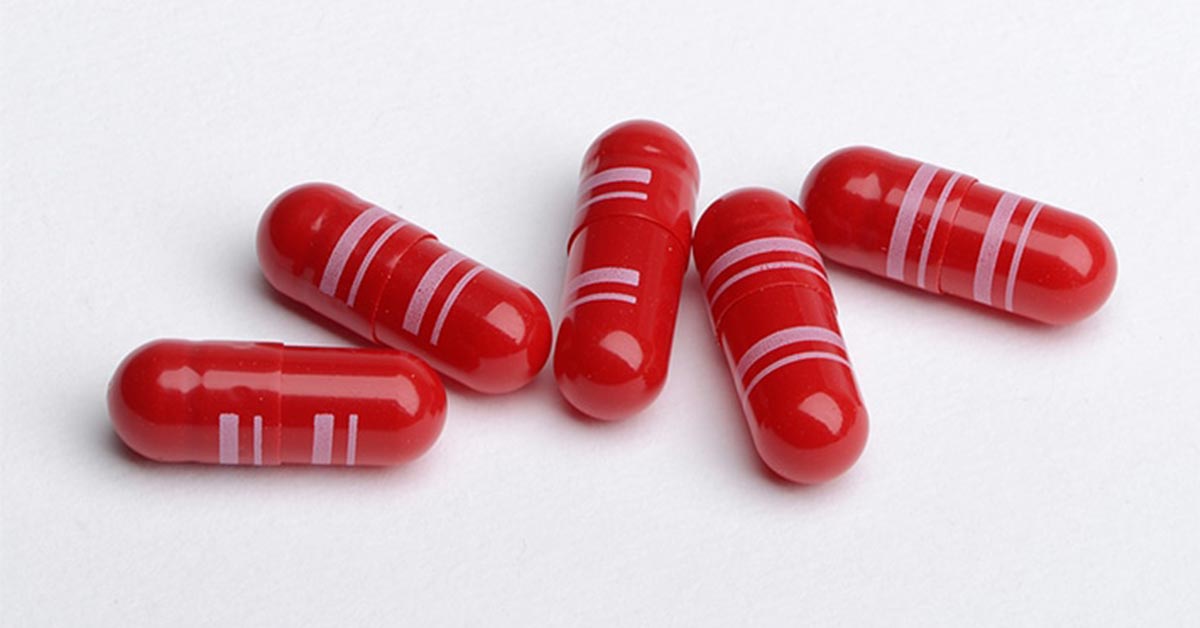Aimmune Therapeutics, the biopharmaceutical company behind an oral immunotherapy (OIT) treatment for peanut allergy named AR101, announced clinical data for the Phase 3 trial of the therapy at the 2018 EAACI Congress in Munich yesterday.
The clinical trial enrolled a total of 554 patients ages 4-55 (90% ages 4-17). After approximately one year of treatment including up-dosing and maintenance, reactivity to peanut protein was assessed in an exit double-blind, placebo-controlled food challenge (DBPCFC).
67% of AR101 patients ages 4–17 tolerated at least a 600-mg dose of peanut protein in the exit DBPCFC, compared to 4% of placebo patients.
Efficacy was similar across all ages. In the exit DBPCFC, 85% of children (ages 4-11), 83% of adolescents (ages 12-17), and 85% of adults (ages 18-55) tolerated the 600-mg dose of peanut protein. Though the number of adults in the study was small, the treatment difference in this population showed a strong trend on an intent-to-treat basis (p=0.07). The safety profile in adults was similar to that observed in the pediatric and adolescent populations previously reported.
Said Prof George du Toit, principal investigator for the trial in the United Kingdom, who presented the clinical data at EAACI:
There is a significant need for approved treatments for peanut allergy as it can be profoundly disruptive to the lives of families caring for affected loved-ones and costly to them and the healthcare system. The efficacy and safety profile of AR101 observed in PALISADE are promising and consistent with what I believe would be a valuable solution for many of my patients with peanut allergy should AR101 ultimately be approved. Independent studies have shown that inadvertent exposures to peanut are frequently far beyond trace levels, so it is exciting to see that AR101 patients of all ages were able to reach desensitization levels that allow ample buffers to those inevitable accidents.
Based on these results, Aimmune plans to submit a Biologics License Application for AR101 to the US Food and Drug Administration by the end of 2018, followed by a Marketing Authorisation Application to the European Medicines Agency in the first half of 2019.
In a separate presentation, new data from the laboratory of Dr Erik Wambre of the Benaroya Research Institute from a small subset of patients from the trial showed that treatment with AR101 was linked to a statistically significant decrease in peanut-specific TH2A cells compared to patients treated with placebo after up-dosing and at the end of the trial. These findings suggest that the clinical responses observed with AR101 treatment are associated with fundamental modulation of T cell subsets that drive the allergic response.






